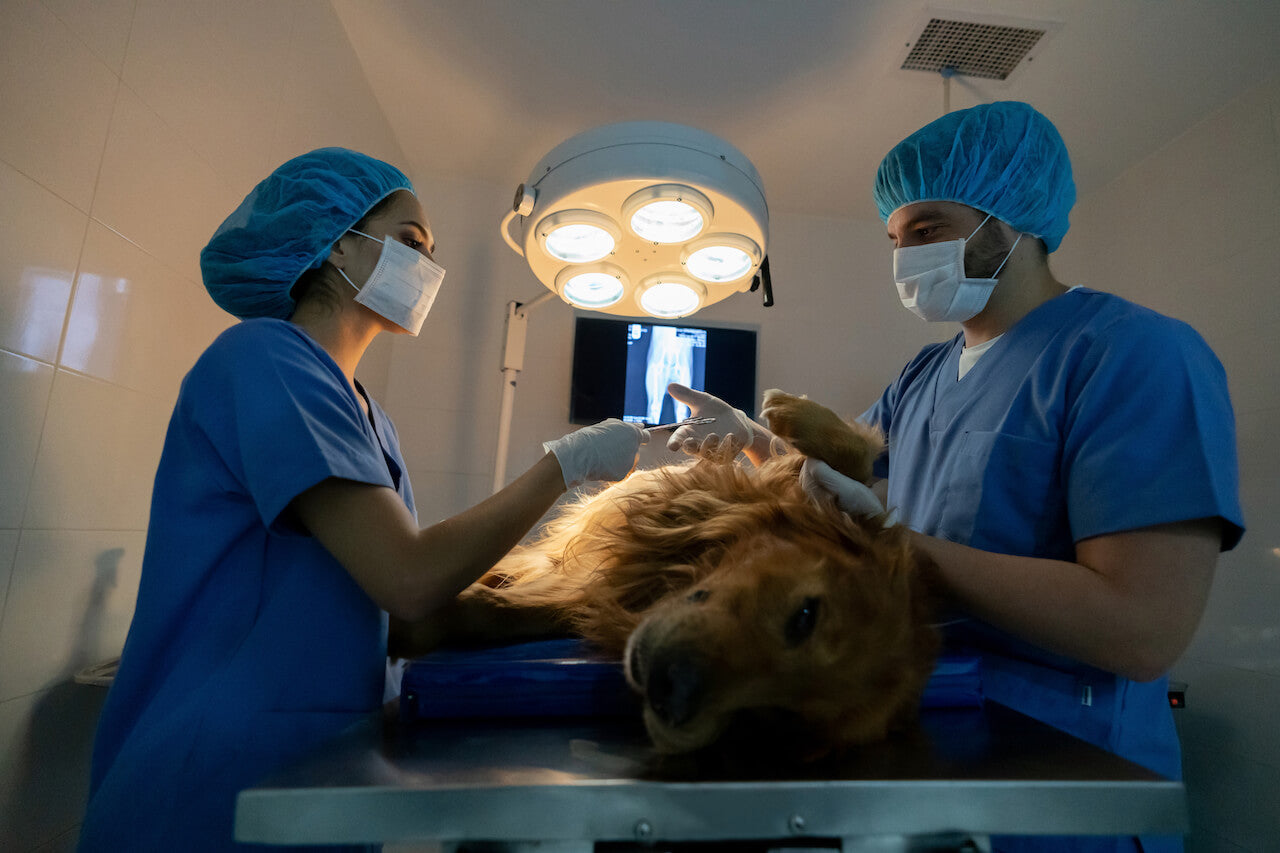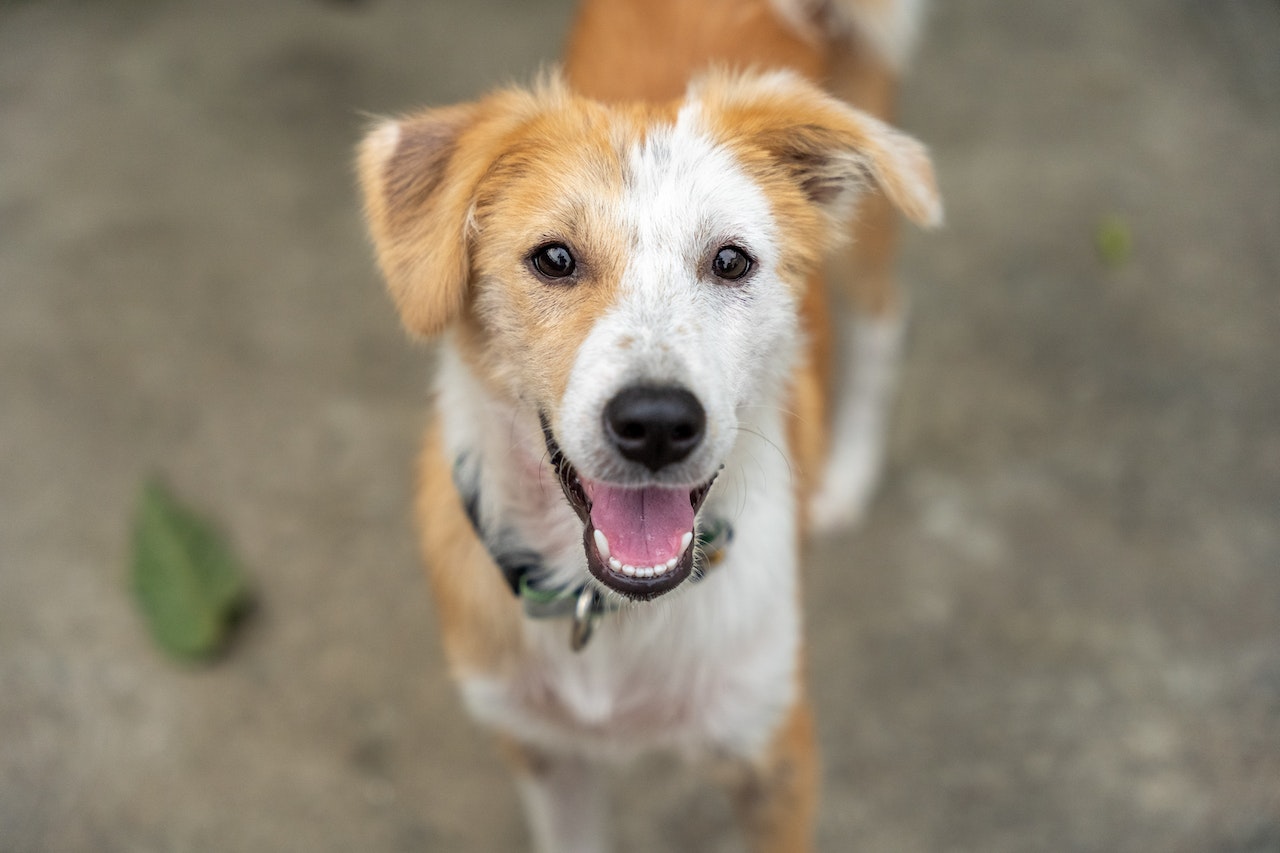I have always been a greedy pup who doesn't know how to chew on my food. I have swallowed sinews and vomited or pooped them out whole.
There was even once I swallowed an oxtail while mama wasn't watching. I felt very unwell and my stomach began to bloat rapidly, which no surprise, got the humans into panic mode. Fortunately, I soon managed to vomit it out.
While I am prone to such accidents, I'm lucky that I always manage to get foreign bodies out of my system quickly on my own, whether it's by vomiting or pooping. However, not every pup is as lucky.
According to The Animal Clinic, foreign body removal takes second place in the top surgeries performed by them. Not only that, it is a costly procedure, ranging from $1,000 to $2,000.
Foreign bodies are not always food. Common items ingested by pets that could be toxic or will not readily pass through their gastrointestinal tract include bone, rawhide, toys, socks, strings, fruit seeds, and coins.
The best way to prevent this from happening is obviously to always supervise your dog when you give her something to eat, or new to play with. Also, keep small, dangerous and/or toxic items out of reach at all times.
Signs to look out for
If you suspect your pup has eaten something she shouldn't, here are the signs to look out for:
-
Vomiting
-
Lack or loss of appetite
-
Bloatedness
-
Abdominal pain
-
Lethargy
-
Changes in behaviour
-
Constipation or diarrhoea
What to do next
If you notice one or more of the signs above, and your dog is having trouble expelling the foreign body, send her to the vet immediately.
Your vet will first examine your dog to localise any pain and recommend initial blood and urine tests to rule out other causes of the signs.
Radiographs or ultrasound may then be performed to determine what’s the foreign body, its location, and the extent and effects of the obstruction.
According to Dr. Koh Cher Ling (BVSc) from Landon Vet Specialists, the severity of foreign body ingestion depends on:
-
duration of the foreign body lodged in the gastrointestinal (GI) tract
-
location of the foreign body in the GI tract
-
degree of obstruction
-
problems associated with the material of the foreign body
Needless to say, you would need the expertise of a professional to determine the best way to treat your pooch.
Treatment
Depending on the diagnosis, different treatment methods would be advised.
Surgical intervention is not always required with gastrointestinal foreign bodies as foreign bodies that are small and smooth may be passed through the GI tract without causing damage or becoming lodged.
With that said, Dr. Koh shared that “foreign bodies in the oesophagus, require thorax (chest) surgery to gain access for removal. Most GI foreign bodies lodged in the stomach or intestines require a gastrotomy (opening the stomach) or enterotomy (opening the intestine).”
What this also means is, the quicker you send your pup to the vet, the better.
What not to do
Do not attempt to induce vomiting in your dog on your own, as some foreign bodies can cause even more harm when brought back up. This is especially so if they have perforated the gut, or if there’s an inflammation – both of which are life-threatening.



